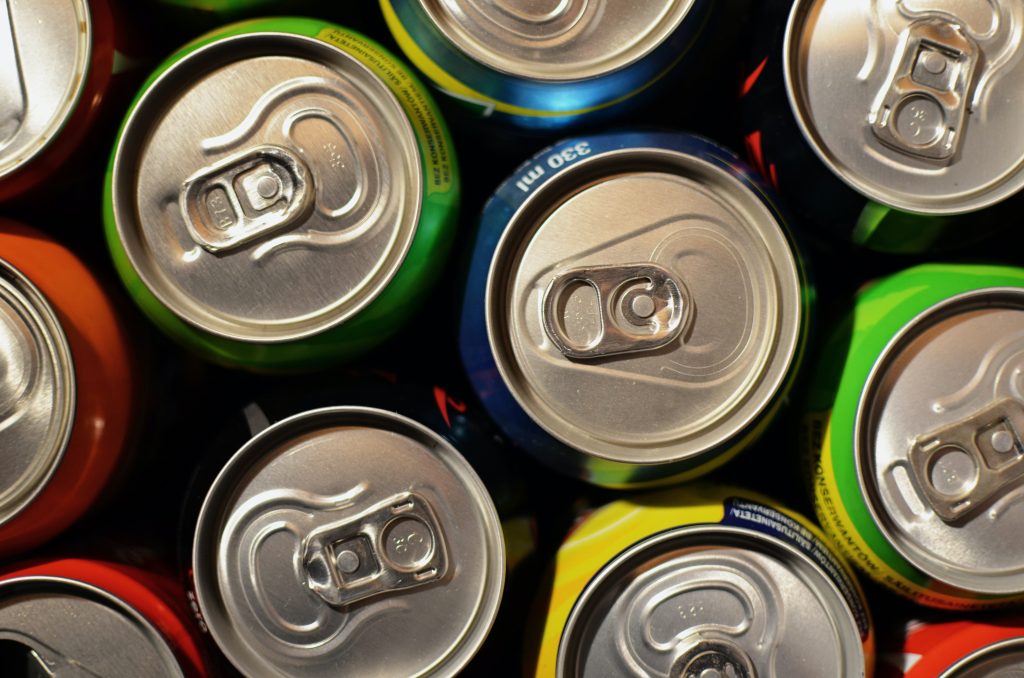
An observational study with over 100 000 participants suggests that some artificial sweeteners are associated with increased cancer risk. The findings, published in PLOS Medicine, reflect other results from experimental studies.
The safety of artificial sweeteners has long been a subject of debate. To evaluate the potential carcinogenicity of artificial sweeteners, researchers analysed data from 102 865 French adults participating in the NutriNet-Santé study. The NutriNet-Santé study is an ongoing web-based cohort initiated in 2009 by the Nutritional Epidemiology Research Team (EREN). Participants enrolled voluntarily, and self-reported their medical history, sociodemographic, diet, lifestyle, and health data.
Researchers gathered data concerning artificial sweetener intake from 24-hour dietary records. After collecting cancer diagnosis information during follow-up, the researchers conducted statistical analyses to investigate the associations between artificial sweetener intakes and cancer risk. They also adjusted for a range of variables including age, sex, education, physical activity, medical history and dietary intake.
The researchers found that participants who consumed larger quantities of artificial sweeteners, particularly aspartame and acesulfame-K, had higher risk of overall cancer compared to non-consumers (hazard ratio 1.13). Higher risks were observed for breast cancer and obesity-related cancers.
In addition to being an observational study, there were a number of limitations; dietary intakes are self-reported. Selection bias may also have been a factor, as participants were more likely to be women, to have higher educational levels, and be more health-conscious. Additional research will be required to confirm the findings and clarify the underlying mechanisms.
According to the authors, “Our findings do not support the use of artificial sweeteners as safe alternatives for sugar in foods or beverages and provide important and novel information to address the controversies about their potential adverse health effects. While these results need to be replicated in other large-scale cohorts and underlying mechanisms clarified by experimental studies, they provide important and novel insights for the ongoing re-evaluation of food additive sweeteners by the European Food Safety Authority and other health agencies globally”.
First author Charlotte Debras added: “Results from the NutriNet-Santé cohort (n = 102 865) suggest that artificial sweeteners found in many food and beverage brands worldwide may be associated with increased cancer risk, in line with several experimental in vivo / in vitro studies. These findings provide novel information for the re-evaluation of these food additives by health agencies.”
Source: EurekAlert!

